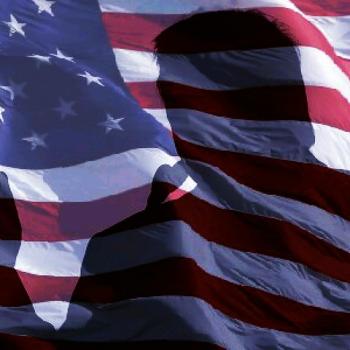To join the discussion about Free, or to order a copy, go here.
Free, by Mark and Lisa Scandrette, is a self-improvement book for Christians who’ve lost sight of the main thing in their lives.
Americans are distracted and over-stimulated. We’re all hoarders of one sort or another, whether it’s experiences or cash. It seems that whatever we do, we take it past our benefit to our harm.
Free is designed to lead its readers into a structured self-analysis which, hopefully, will show them ways to let go of the things that they are holding onto so tightly. It tries to encourage readers to back away from the greed for experience, money, stuff that is frazzling and entrapping them.
I suppose whether or not this works depends mostly on the person who is reading the book. If you’re the sort of person who takes tests in magazines and on internet web sites to determine what kind of lover you are or how long you may live, then Free is your kind of book.
The first chapter of Free asks you to stop for a moment and consider one thing: What matters most to you.
Of course, the long answer to that can and does change as people travel through life. Passing your driver’s license test may rank pretty high on your list when you’re 16, while having enough money to send your kids to college might be more important in your 40s or 50s. Keeping your health becomes a major goal as you age, and my 88 year old mother can tell you that just hanging on to your memory is a big goal later on.
These transitory goals and concerns are not unimportant because they are transitory. They matter. The reason they matter is that they are the stuff of life. We don’t live our lives in mountaintop experiences where the only reality is some transcendent notion of eternal good. We live our lives down here in the daily pits where getting a driver’s license or sending your kids to school make a difference in the quality and scope of the time we have.
The trick is how to separate the flotsam from the things that make a difference. Watching tv 24/7 is a waste of life. Oddly enough, so is spending you precious time as a career-obsessed money slave chasing after gold for its own sake. Everybody has to make a living, but making money is only useful to us when it supplies the goods that make life livable. When chasing after a buck becomes the purpose of life, then that endless chase after the carrot that’s always a bit too far ahead becomes just as much a waste of life as vegging on the sofa watching tv.
The truth is, life itself, by itself, never has meaning that can transcend the dailiness of what it is. Getting and spending are empty. Even living and loving has an emptiness at its core.
This is because we are hybrid creatures. We are bound by our physical selves to a physical existence ruled by the temporal realities of time and inevitable death. Seen this way, everything we do is, as Solomon put it, “vanity.”
Only God can give meaning to our lives because only God transcends our living,. As I said, we are hybrid creatures. While we live out our days in this life within the limitations of our physical existence, there is in each of us a longing for transcendence. We ache for the immortality we cannot see but know is there. Meaning in this life is found in the reality of the transcendence of God.
When we look at our span of years and the things we do with them in the light of that transcendence and our unrealized part in it, then even the most daily of endeavors takes on dimensions of meaning that give them deep dignity. There is satisfaction is living life within the scope of a transcendent God. What we do matters. Everything we do matters. And we matter, too.
The trick is keeping the main thing the main thing. Even while we are caught up in the dailiness of our lives, we can know and understand that we are also part of the great web of eternity, that our smallest actions are writ large in the overall scheme of things in ways that we cannot know now.
We are children of the living God.
And that is the main thing.












